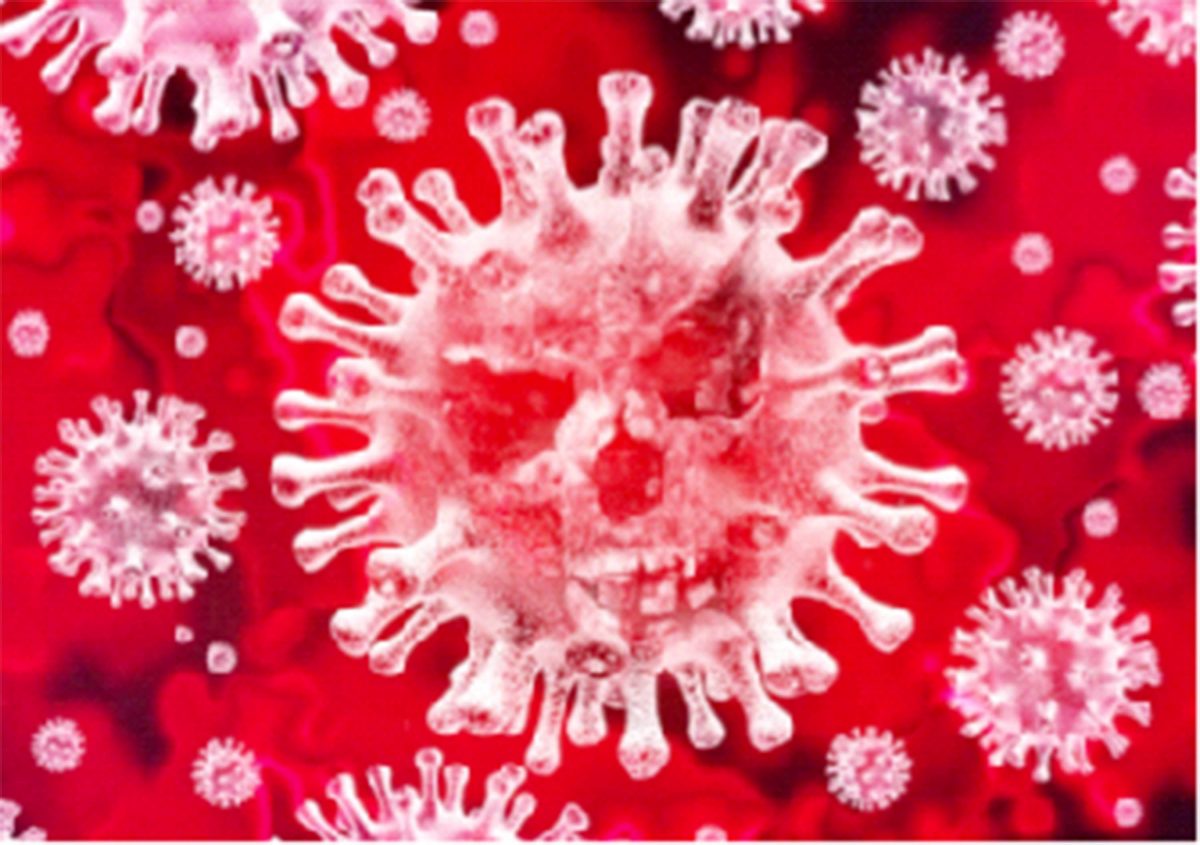Strengthening safety nets
The COVID-19 pandemic is highlighting the economic vulnerability of some segments of society.
In most emerging markets segments of the population do not have access to health coverage. This has raised concerns that workers would continue to come to work even if they were feeling unwell. In some developing countries large populations live in cramped conditions with little access to good sanitation calling into question the ability to effectively implement measures such as social distancing.
Social distancing mandates have led to large numbers of workers becoming unemployed straining safety net programmes.
Key issues in the new normal
Policymakers are moving to enact measures to shore up safety nets. These changes could have staying power beyond the crisis.
Companies may find themselves operating in a world in which the safety net expectations of workers and societies have permanently shifted.
The COVID-19 pandemic will bring more attention to companies’ societal responsibilities. Trust in businesses has declined in recent years even as consumers and investors call on companies to proactively address societal challenges, from income inequality to climate change. The COVID-19 pandemic will increase scrutiny of this issue,
Companies across sectors are playing an active role in addressing the challenges created by the crisis. Internet and wireless providers are delivering free wi-fi access to assist individuals working from home. News and media companies are taking down paywalls to expand access to life-saving information. Retailers are repurposing parking lots for drive-through testing clinics. Tech giants are donating millions of N95 masks to support frontline health care workers. Such visible moves could help burnish companies’ reputations and restore dwindling trust.
Preparing for the post-pandemic generation
For the generation coming, the post-pandemic “new normal” will be profound. Compared to their predecessors, this generation will likely bring very different assumptions and expectations related to society, technology and ethics, and the role of private companies in providing public goods.
Transforming consumer psychology
It’s inevitable for a lethal crisis to unleash psychological effects. Consumers fear being unable to purchase necessities due to business interruptions. Deep crises can leave lasting psychological scars.
Will large numbers of casualties and a heightened awareness of mortality draw consumers to experiences rather than material possessions?
Will the pervasive sense of risk and uncertainty create a spike in demand for products and experiences that provide comfort?
The COVID-19 pandemic will inevitably have lasting psychological impacts, and consumer psychology is no exception. Companies in many sectors have already been bringing behavioral expertise into boardrooms and executive offices; in the post-COVID-19 ‘new normal,’ such capabilities should be even more valuable.
A United Nations Feature
Edited Version




